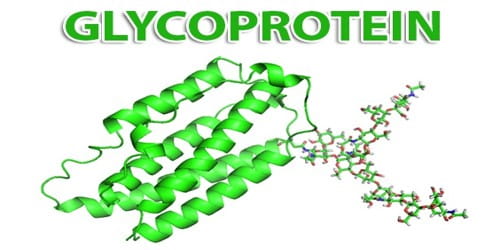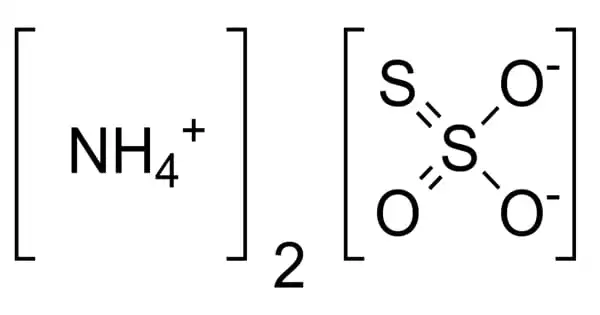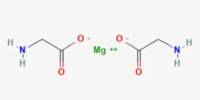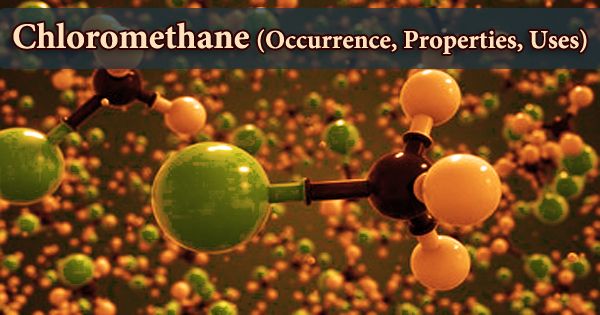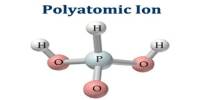A glycoprotein is a big molecule. It is composed of a protein and a carbohydrate (which is usually a sugar-like substance). They are simply proteins with a sugar attached to them. Glycoproteins are important to recognize immune cells in mammals. It plays a part in important cellular functions like embryonic development, cell-cell recognition, cell adhesion, immune functions, and pathogen identification. Well-known glycoproteins are:
- antibodies which react with antigens (they are found in most organisms)
- They are always found on the outside of the plasma membrane, with the sugar facing out.
They are proteins having covalently bound carbohydrate. The carbohydrate content of glycoproteins ranges from less than 1% to over 80% of the molecule. A glycopeptide is similar in structure to a glycoprotein but has a shorter chain of amino acids.
Hormones that are glycoproteins are (amongst others)
- Follicle-stimulating hormone (FSH)
- Luteinizing hormone (LH)
- Thyroid-stimulating hormone (TSH)
Glycoproteins are involved in nearly every process in cells! For instance, in the immune system, almost all of the key molecules involved in the immune response are glycoproteins. Glycoprotein analysis in tumor cells helps to find specific glycoproteins that are exclusively expressed in different stages of tumor progress which in turn helps to develop biomarkers for disease diagnosis. They have diverse functions such as in our immune system, protection of our body, communication between cells, and our reproductive systems. They are also important for red blood cells.
